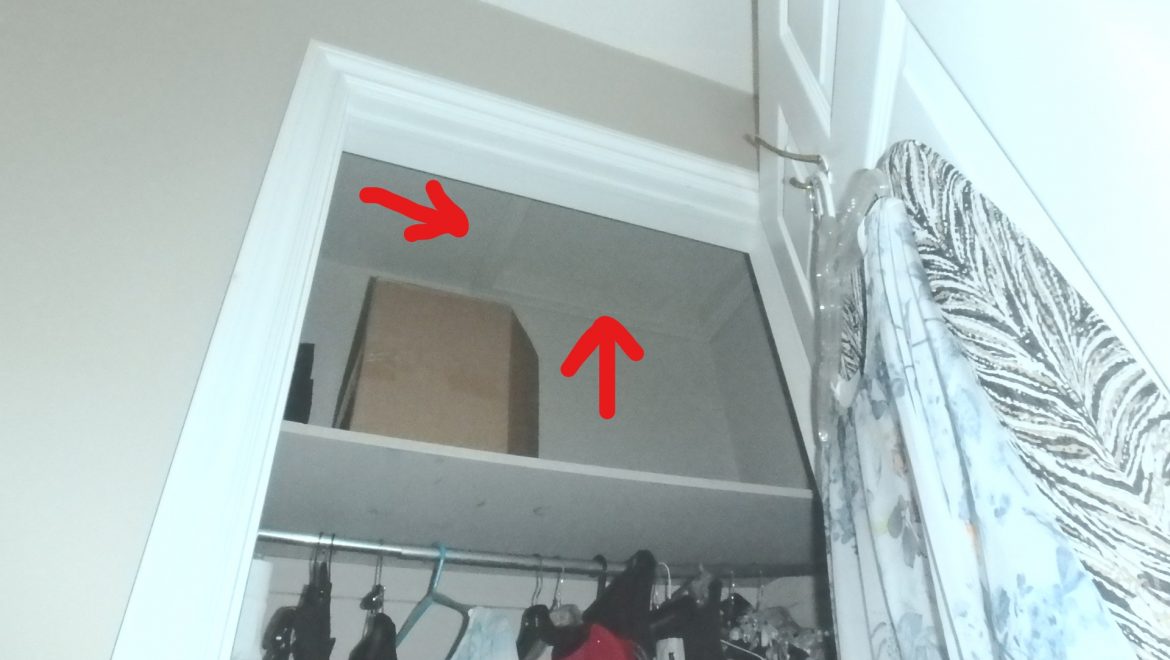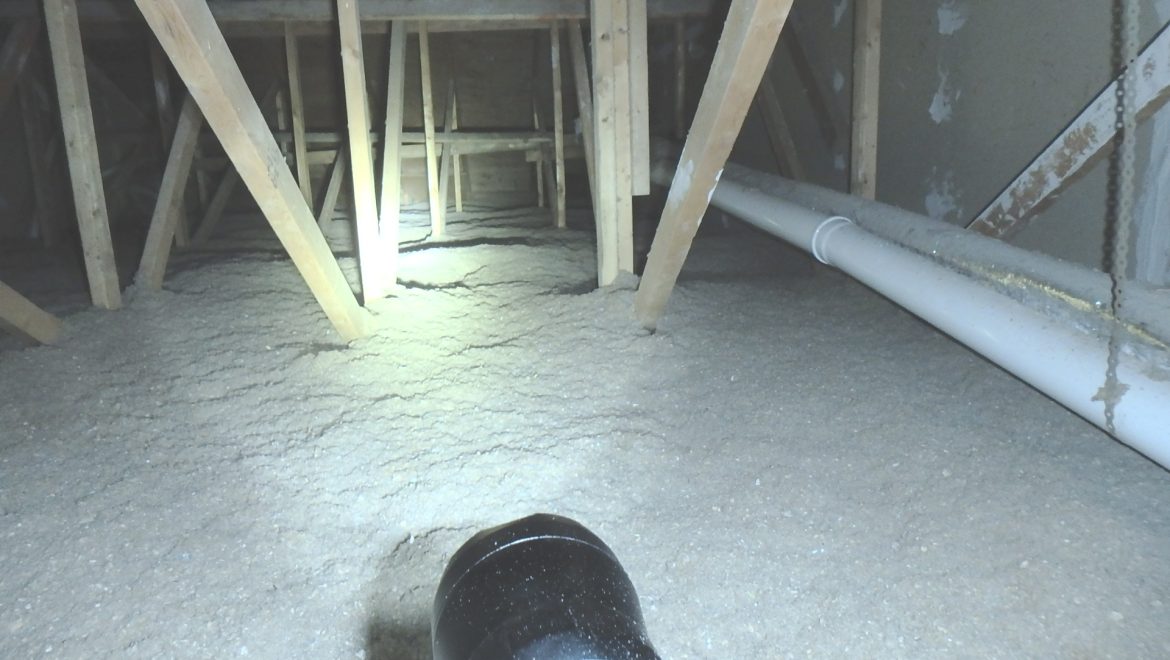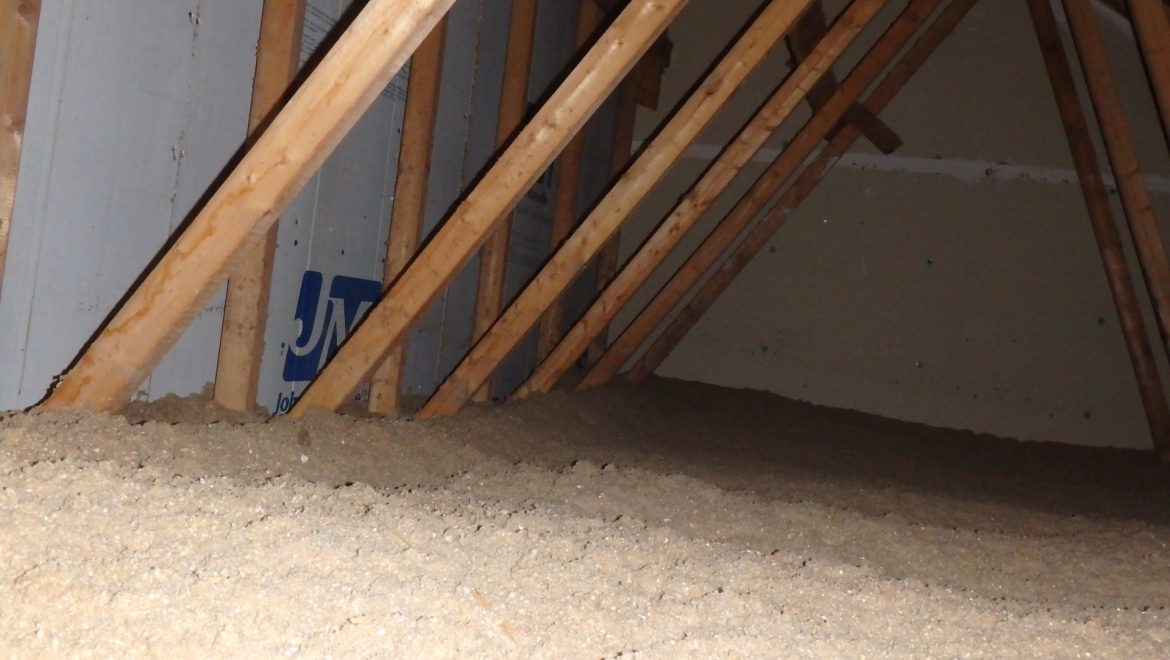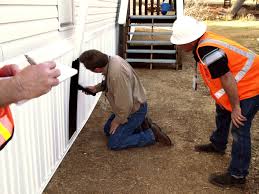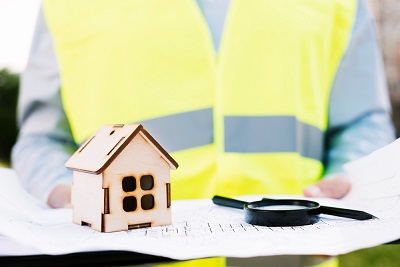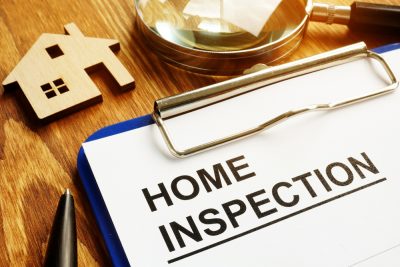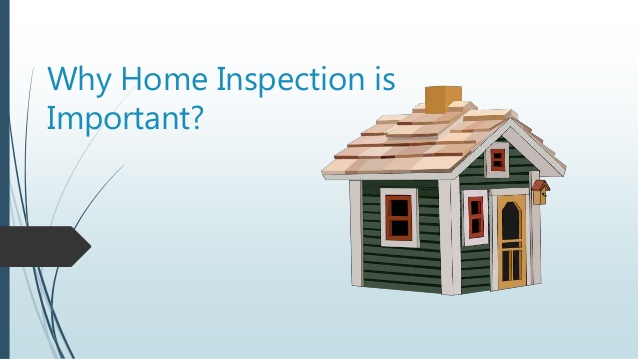Can a Home Inspection Uncover Hidden Problems?
A home purchase is a big financial commitment, so it’s critical to make sure it’s structurally solid and free of hidden problems for both financial security and peace of mind. While a property may appear perfect on the surface, there could be underlying problems that may not be immediately visible to the untrained eye. This is where a professional home inspection comes in. In this blog, we’ll explore how home inspections can uncover hidden problems, the importance of this process for homebuyers, and what to expect during a home inspection.
Identifying Structural and Safety Issues
- Foundation and Structural Components: A home inspection involves a thorough examination of the property’s foundation and structural components. Unstable roofs, sagging floors, and cracked foundations are examples of structural problems that can seriously affect a home’s stability and safety. These sections will be examined by a qualified inspector to look for any indications of wear and tear or deterioration that could jeopardize the property’s structural stability.
- Electrical and Plumbing Systems: Hidden electrical and plumbing problems pose safety hazards and can lead to costly repairs if left unaddressed. During a home inspection, the electrical and plumbing systems are carefully examined to identify any issues such as faulty wiring, outdated electrical panels, or leaky pipes. Detecting these problems early can prevent potential fire hazards or water damage and allow for necessary repairs or upgrades to be made.
- Mold, Mildew, and Pest Infestations: Moisture-related issues such as mold, mildew, or pest infestations are common concerns in homes, particularly in areas with high humidity levels. A comprehensive examination of the property’s exterior and interior is part of a home inspection to look for evidence of pest activity, mold growth, or water intrusion. It is imperative to promptly identify and address these issues to preserve a healthy indoor environment and avoid harming the home’s furnishings and structure.
Evaluating Mechanical Systems and Appliances
- Appliances and Fixtures: Home inspectors also evaluate the condition and operation of major appliances and fixtures, including refrigerators, stoves, dishwashers, and water heaters. Malfunctioning appliances or fixtures can disrupt daily routines and incur additional expenses for repairs or replacements. Identifying issues with these components during a home inspection can help buyers make informed decisions and negotiate repairs or replacements with the seller before finalizing the purchase.
- Energy Efficiency and Insulation: Energy efficiency is an important consideration for homeowners looking to reduce utility costs and minimize their environmental impact. A home inspection may include an assessment of the property’s insulation levels, windows, and doors to identify areas where energy loss may occur. Recommendations for improving energy efficiency, such as adding insulation or upgrading windows, can help homeowners save money on utility bills and enhance indoor comfort.
Providing Peace of Mind and Negotiating Power
- Peace of Mind for Buyers: For homebuyers, a comprehensive home inspection provides peace of mind knowing that their investment is protected. By uncovering hidden problems and potential safety hazards, buyers can make informed decisions about whether to proceed with the purchase, negotiate repairs or credits with the seller, or walk away from the deal altogether if the issues are too significant.
- Negotiating Power: Armed with the findings of a home inspection report, buyers have greater negotiating power when it comes to finalizing the terms of the sale. Sellers may be more inclined to address identified issues or offer concessions to ensure the transaction moves forward smoothly. Additionally, buyers can use the inspection report to prioritize repairs and maintenance tasks once they take ownership of the property.
- Long-Term Savings: While home inspections may incur upfront costs, they can result in long-term savings by identifying potential problems before they escalate into major issues. Addressing maintenance and repair needs early on can prevent costly repairs down the line and help homeowners maintain the value and integrity of their investment over time.
Conclusion:
A professional home inspection is a crucial step in the home-buying process, providing valuable insights into the condition of the property and uncovering hidden problems that may not be immediately apparent. From structural issues to mechanical systems and energy efficiency, a thorough inspection gives buyers peace of mind, negotiating power, and the opportunity to make informed decisions about their investment. By investing in a home inspector, buyers can protect themselves from unforeseen expenses and ensure that their new home is safe, secure, and ready for years of enjoyment.

